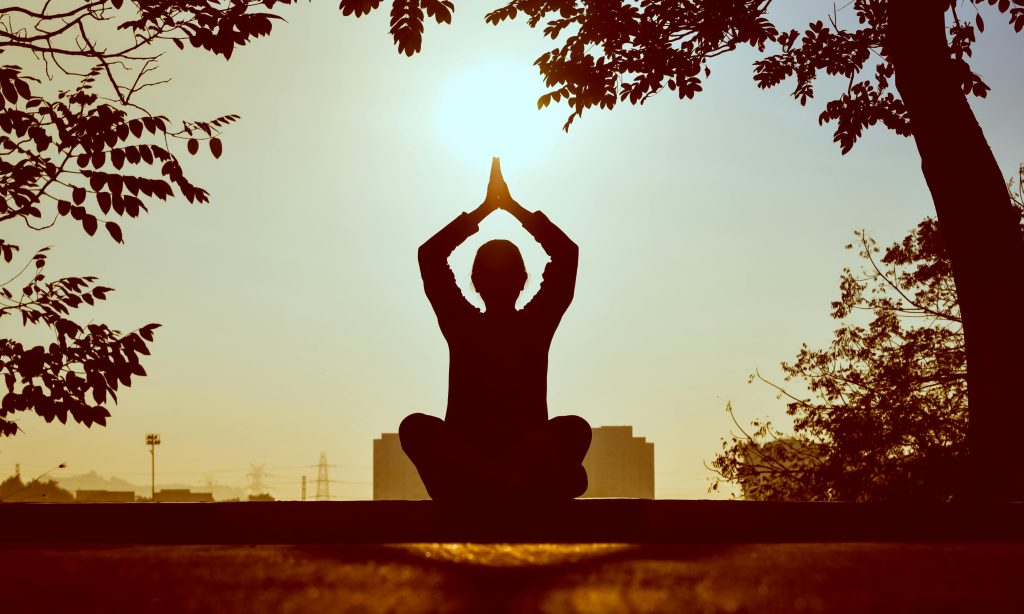In the fast-paced world we live in, finding moments of peace can feel like chasing shadows. Whether it’s the never-ending to-do list, the constant stream of notifications, or the pressures of work and personal life, it often seems like there’s no time to breathe. But what if I told you that amidst all this chaos, there’s a simple yet powerful tool you can use to reclaim your calm? Enter: Meditation.
What is Meditation?
At its core, meditation is a practice where an individual uses a technique – such as mindfulness or focusing the mind on a particular object, thought, or activity – to train attention and awareness and achieve a mentally clear and emotionally calm and stable state. It’s a habit that dates back thousands of years, rooted in various spiritual and religious traditions. Today, meditation is embraced globally for its numerous health benefits and is a cornerstone of modern wellness practices.
The Benefits of Meditation
- Reduces Stress: One of the most well-known benefits of meditation is its ability to reduce stress. By focusing your mind and breathing, meditation helps lower the production of stress hormones and promotes a sense of relaxation.
- Improves Concentration: Regular meditation practices enhance your ability to focus and maintain attention. It’s like a workout for your brain, helping to improve cognitive functions.
- Enhances Emotional Health: Meditation fosters a greater sense of self-awareness and can lead to improved emotional health. It can help you develop a more positive outlook on life and build emotional resilience.
- Promotes Physical Well-being: Beyond mental benefits, meditation can have physical health advantages. Studies have shown that it can lower blood pressure, improve sleep quality, and even boost the immune system.
How to Get Started with Meditation
Getting started with meditation doesn’t require any special equipment or extensive training. Here are some simple steps to begin your journey:
- Find a Quiet Space: Choose a quiet and comfortable place where you won’t be disturbed. This can be a corner of your room, a peaceful spot in a park, or anywhere you feel at ease.
- Set a Time: While you can meditate at any time, starting with 5–10 minutes a day is a good way to build the habit. As you become more comfortable, you can gradually increase the duration.
- Focus on Your Breathing: Close your eyes and take deep, slow breaths. Focus your attention on your breath as it enters and leaves your body. If your mind starts to wander, gently bring it back to your breathing.
- Be Patient: Like any new habit, meditation takes practice. Don’t get discouraged if you find it hard to focus at first. Over time, it will become easier.
Incorporating Meditation into Your Daily Routine
To make meditation a lasting part of your daily routine, try these tips:
- Create a Ritual: Set aside a specific time each day for meditation. It could be in the morning before you start your day or in the evening before bed.
- Use Guided Meditations: There are plenty of apps and online resources offering guided meditations for beginners. These can be helpful in providing structure and motivation.
- Join a Group: Consider joining a meditation group or class. Practicing with others can provide a sense of community and support.
- Be Consistent: Consistency is key. Even a few minutes of meditation each day can make a significant difference over time.
Final Thoughts
Meditation is a powerful tool for enhancing your well-being. By dedicating a small portion of your day to this practice, you can cultivate a sense of peace, improve your mental and physical health, and navigate life’s challenges with greater ease. So, why not give it a try? Your mind and body will thank you.
